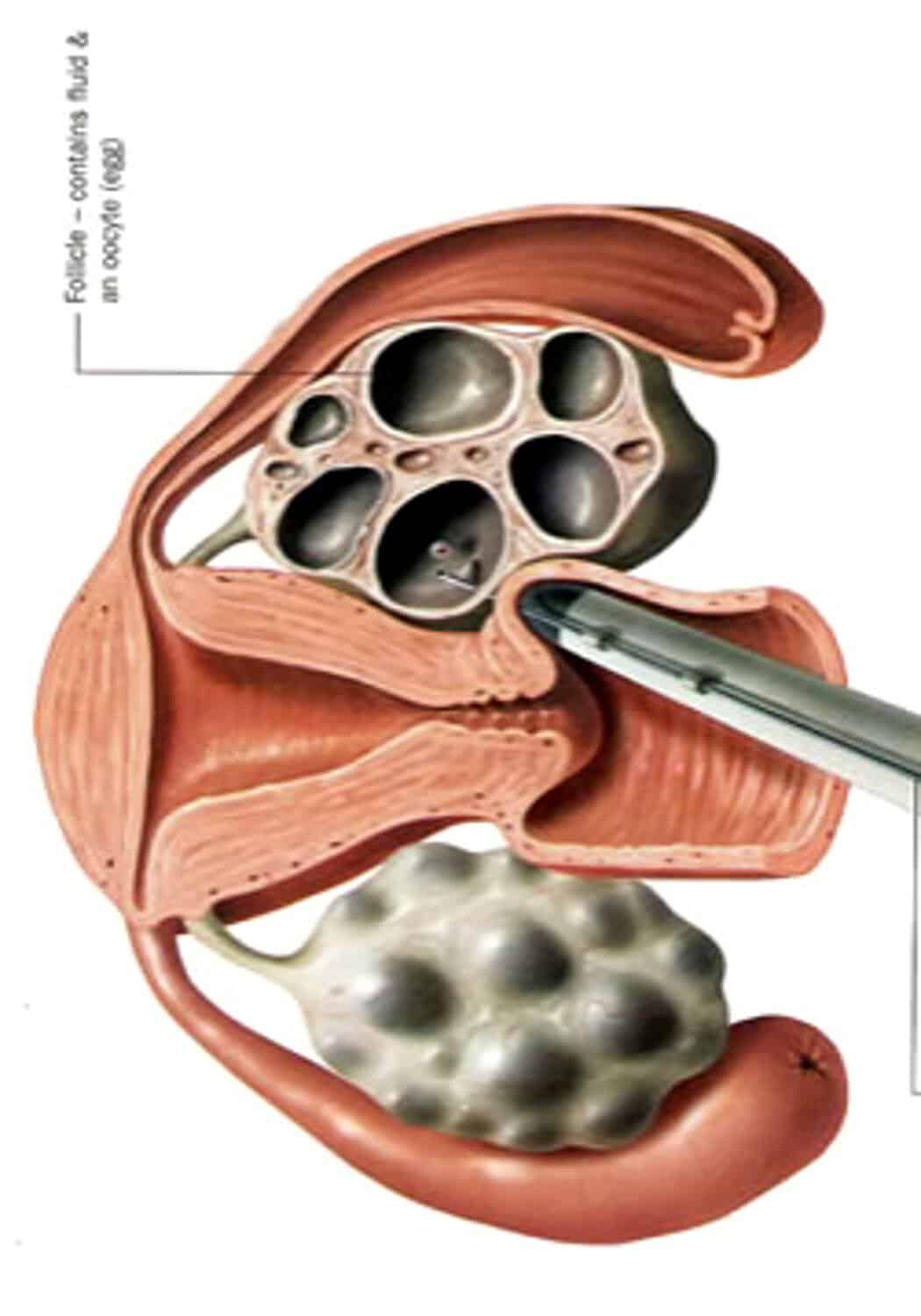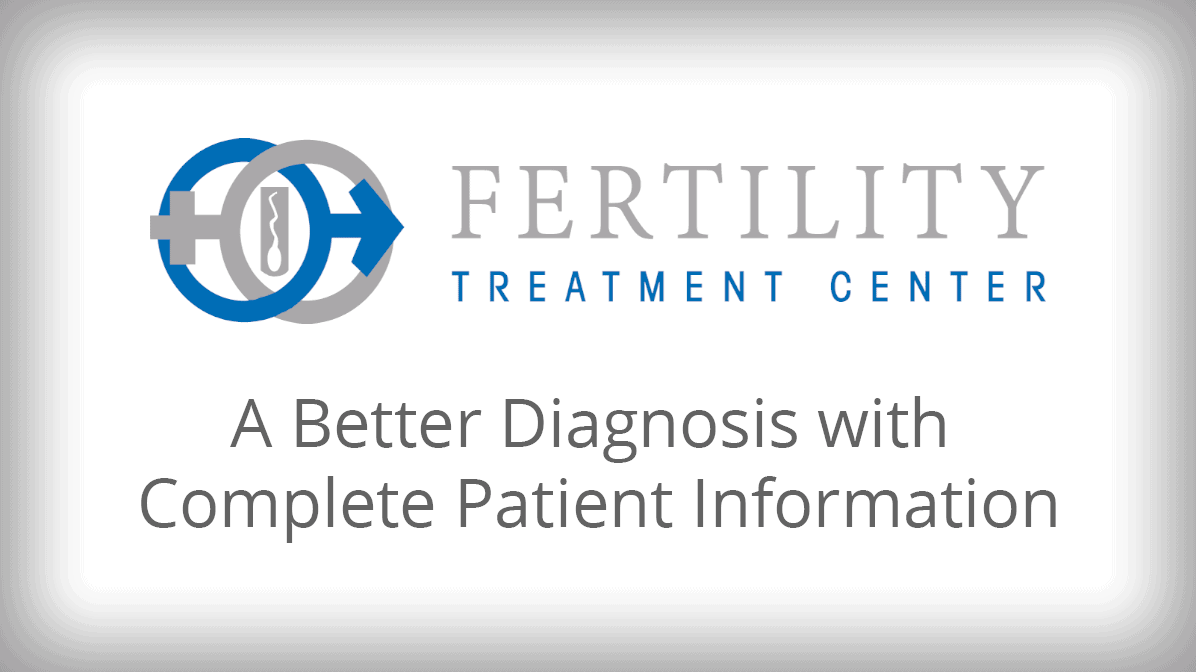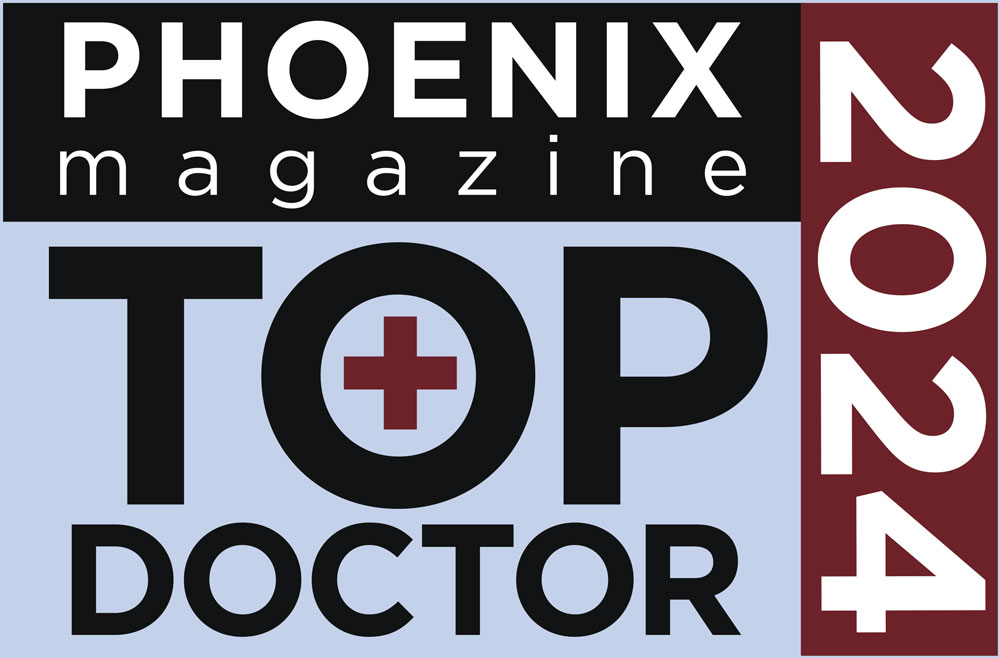If you’re learning about ovarian reserve and how it relates to treatment for infertility, you may have read that a diminished ovarian reserve may make you a “poor” candidate for IVF. You may also be wondering just how many egg-producing follicles you need to be considered a “good” candidate.
In order to answer that, let’s take a quick look at how ovarian reserve affects IVF.
Every baby girl is born with all of the eggs she’ll ever produce. These mature one by one when she starts puberty. It goes to follow that at a certain age she’ll have very few left. The number of eggs she “has left” is called her ovarian reserve.
During IVF, the ovaries are stimulated to produce mature eggs, but if her ovarian reserve is low, not very many eggs will be available to stimulate. Fewer mature eggs to fertilize means fewer healthy embryos to transfer and a lower chance of IVF success.
A woman’s ovarian reserve can be estimated by taking a look at her antral follicles. These are tiny, fluid-filled sacs housing an immature egg that can be stimulated to produce a mature egg. Using transvaginal ultrasound at the beginning of the menstrual cycle, these “resting follicles” can be observed and counted, giving a good indication of the ovarian reserve.
But how many is “enough”?
Counting antral follicles is not an exact science, and the experience of the sonographer will affect how many he or she sees. That said, a count of 15 to 30 antral follicles generally indicates a good likelihood of success.
But the antral follicles don’t tell the whole story. The number of mature follicles that develop will also help determine the likelihood of IVF success. Most fertility clinics like to see 4 mature follicles before triggering ovulation for IVF. Again, this is not an exact science; fewer follicles producing high quality eggs may be enough. Too many could indicate Ovarian Hyperstimulation Syndrome (OHSS).
What if I don’t have enough?
Alternatives to a fresh IVF cycle with your own eggs include frozen embryo transfer (FET) of your (or a donor’s) previously frozen embryos or egg donation. Talk to your fertility specialist about your options.



